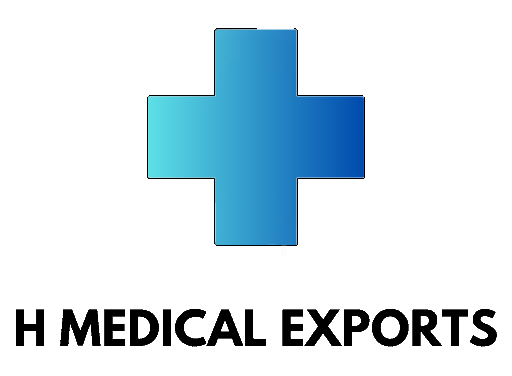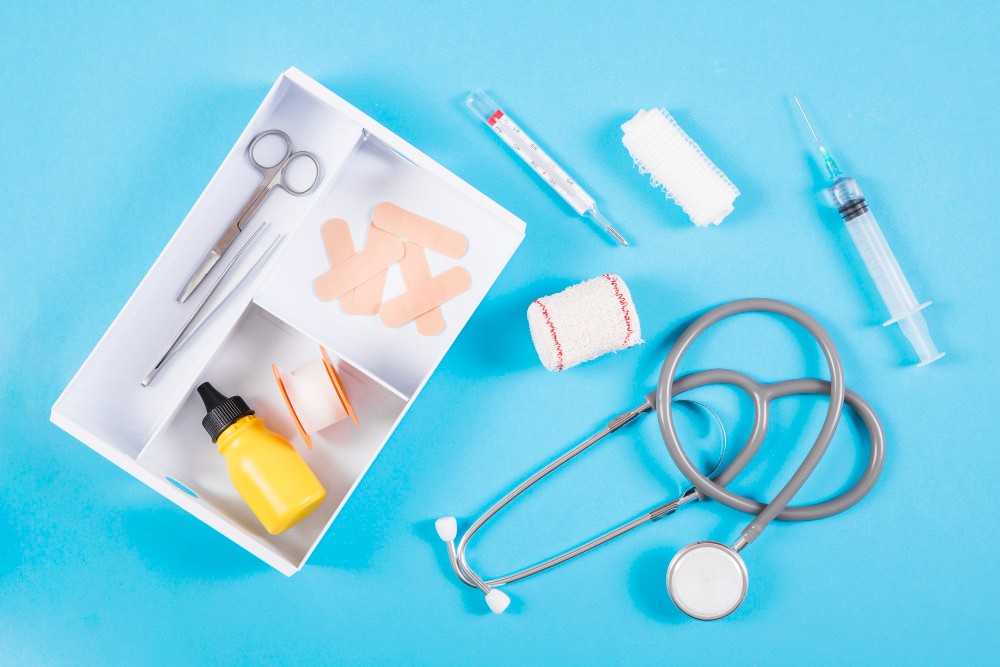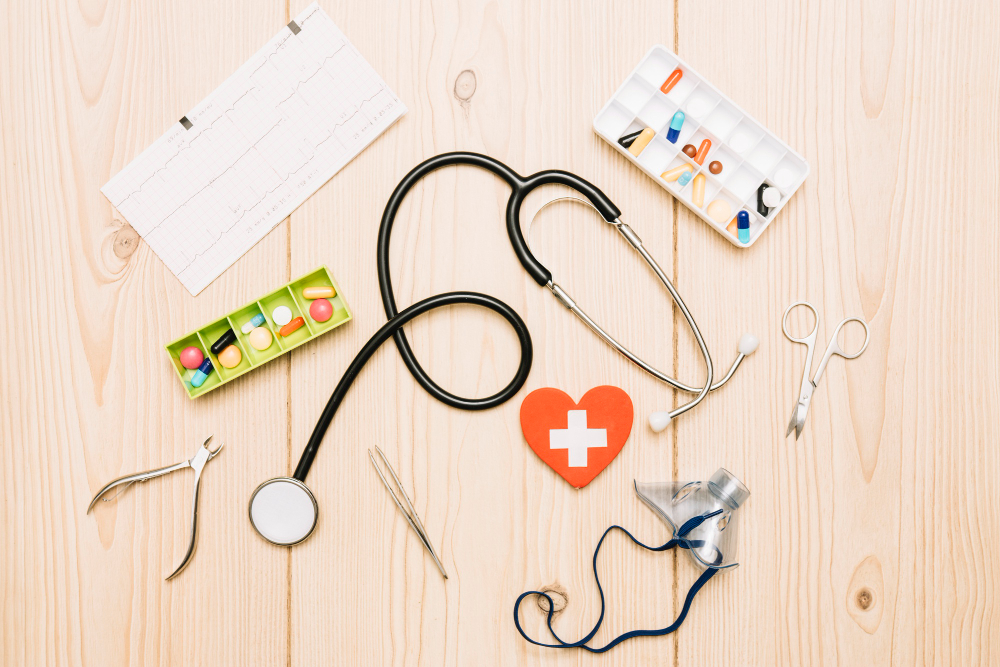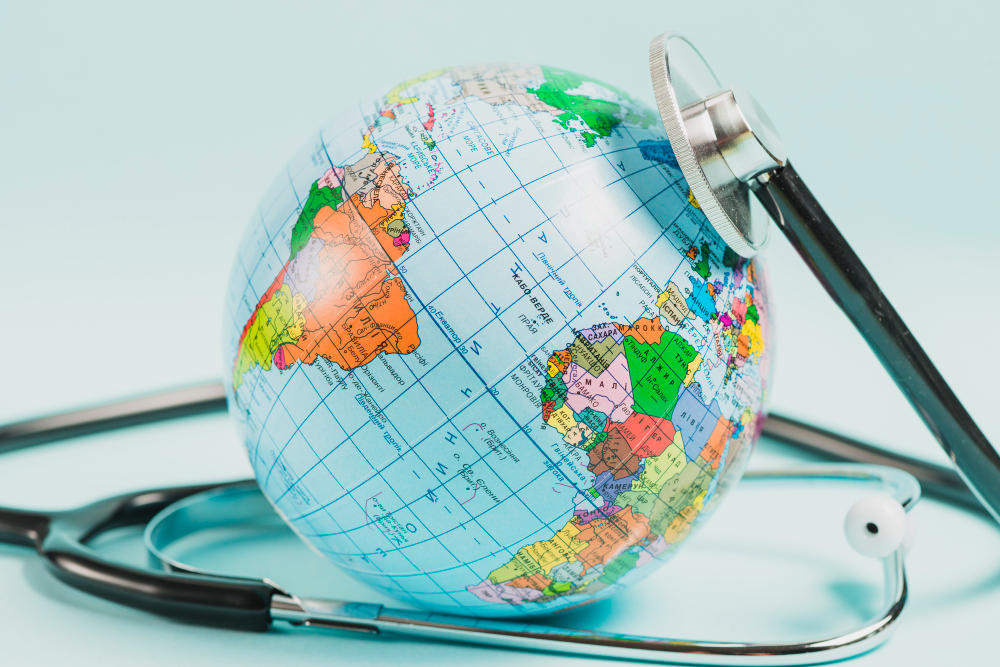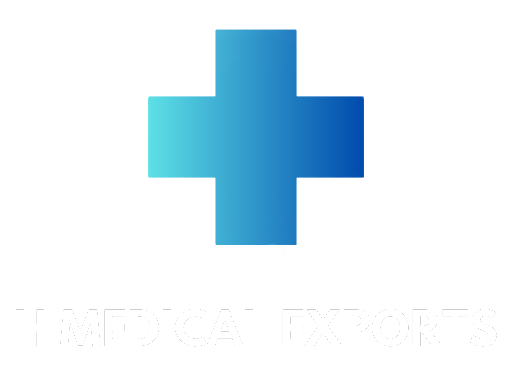Every healthcare facility, from small clinics to large hospitals, requires a range of essential medical supplies to deliver high-quality patient care. Stocking these items not only ensures smooth operations but also promotes patient safety and efficient treatment. Below are the top five medical supplies that are crucial for healthcare providers worldwide:
1. Personal Protective Equipment (PPE)
Personal protective equipment, including masks, gloves, gowns, and face shields, is a critical part of infection control. These items help protect both healthcare professionals and patients from the spread of infections and diseases, especially in high-risk environments like emergency rooms or during surgical procedures. Given the lessons learned from recent global health crises, ensuring an adequate supply of PPE is more important than ever.
2. Diagnostic Equipment
Accurate diagnosis is the foundation of effective treatment. Essential diagnostic tools like stethoscopes, blood pressure monitors, thermometers, and pulse oximeters are vital for assessing patients’ conditions. These tools are not only crucial for routine check-ups but are also indispensable during emergency situations. Many facilities are now integrating more advanced diagnostic devices, such as portable ultrasound machines, to enhance diagnostic capabilities at the point of care.
3. Wound Care Supplies
Wound care is a daily necessity in any healthcare setting, making bandages, dressings, gauze, and adhesive tapes essential. Whether it’s treating minor injuries or managing post-surgical recovery, wound care supplies help prevent infections, promote healing, and ensure patient comfort. Facilities must ensure they have a variety of sizes and types of dressings to accommodate different wounds.
4. Sterilization and Disinfection Products
Maintaining a sterile environment is critical to preventing healthcare-associated infections (HAIs). Autoclaves, disinfectant wipes, hand sanitizers, and sterilization wraps are indispensable for keeping medical instruments and surfaces clean. Healthcare facilities must prioritize sterilization to safeguard both staff and patients, especially in surgical environments and high-traffic areas.
5. Intravenous (IV) Supplies
Intravenous (IV) supplies such as IV catheters, fluids, and tubing are fundamental for delivering medications, nutrients, and fluids directly into a patient’s bloodstream. They are widely used in various settings, from emergency care to long-term treatment plans. The availability of high-quality IV supplies ensures effective treatment administration and minimizes the risk of complications like infections or blockages.
Conclusion
These five categories of medical supplies are indispensable for ensuring that healthcare providers can deliver safe, effective, and efficient care. As medical technology evolves, it is crucial for healthcare facilities to regularly assess their inventory, keeping it updated with the latest and most reliable products. By doing so, they can continue to meet the growing demands of patient care while maintaining high standards of safety and efficiency.
